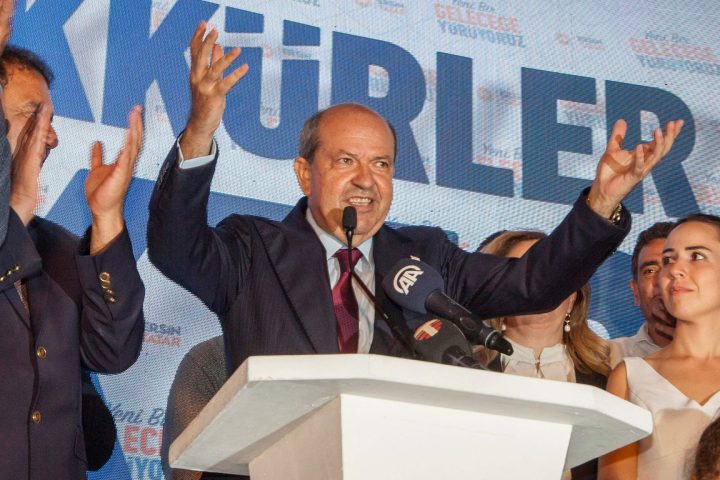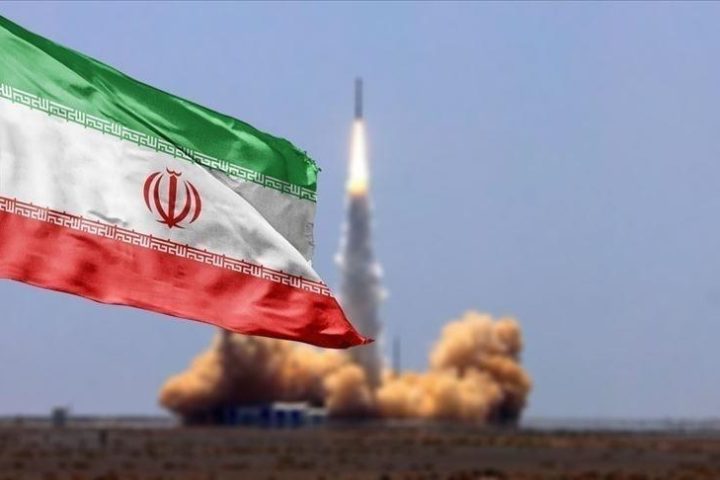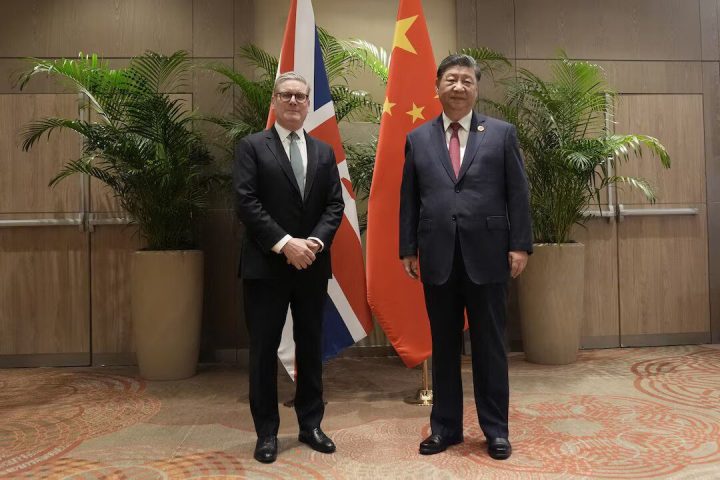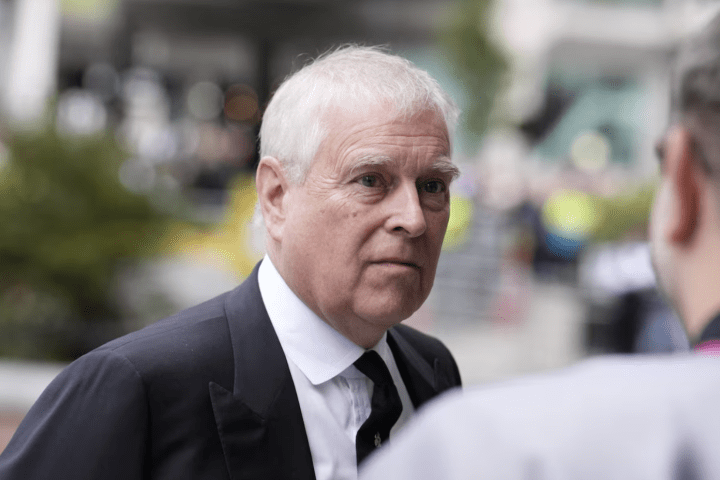The US Treasury Department bought pesos for the first time on the “Blue Chip Swap” market and introduced a $20 billion swap to support Argentina’s currency and debt securities.
US buys Argentine peso to stabilize market
The US Treasury Department began actively buying Argentine pesos, intervening in the currency market to stem the currency’s decline and support Argentina’s economy.
Treasury Secretary Scott Bessant said on Friday that Washington was “monitoring all markets” and was ready to act “flexibly and decisively” to stabilize the situation.
Participation in two markets — the first time officially
According to Bessant, the US Treasury Department entered the “Blue Chip Swap” market for the first time, where dollars are traded at an unofficial rate through securities transactions.
Before that, the US government had already purchased pesos on the spot market, but now it has involved both mechanisms to influence the rate.
As part of the broader support, Washington also agreed to a $20 billion currency swap with Argentina’s central bank and $20 billion for investments in the country’s sovereign bonds.
IMF: US support is stabilizing the situation
IMF representative Nigel Chalk said that the actions of the US Treasury are helping to stop the panic in the market:
“We see that Washington’s support is playing a decisive role in stabilizing Argentina,” he said.
According to him, IMF specialists are “very actively cooperating” with the Argentine authorities and the US Treasury to develop anti-crisis measures.
Peso nears historic low
Despite the intervention, the official peso rate fell by 3.4% on Friday to 1,450 per dollar, only slightly above the record low of 1,474.5.
One-month forward contracts value the currency at 1,446 pesos per dollar, while three-month forwards are at nearly 1,690, according to LSEG.
The U.S. Treasury did not disclose how much money has already been spent on interventions or whether it intends to carry them out regularly.
Context: Argentina’s economy on the brink
Argentina is experiencing its deepest currency crisis since the pandemic. Inflation is exceeding 200% per year, and the country is struggling to access external financing.
After lengthy negotiations with the IMF and the United States, the government in Buenos Aires is seeking to bolster investor confidence and contain a devaluation that has intensified amid political instability.
Economists say the U.S. involvement in currency interventions is an unprecedented step for Latin America that could lay the foundation for a new model of financial cooperation between Washington and the region.












